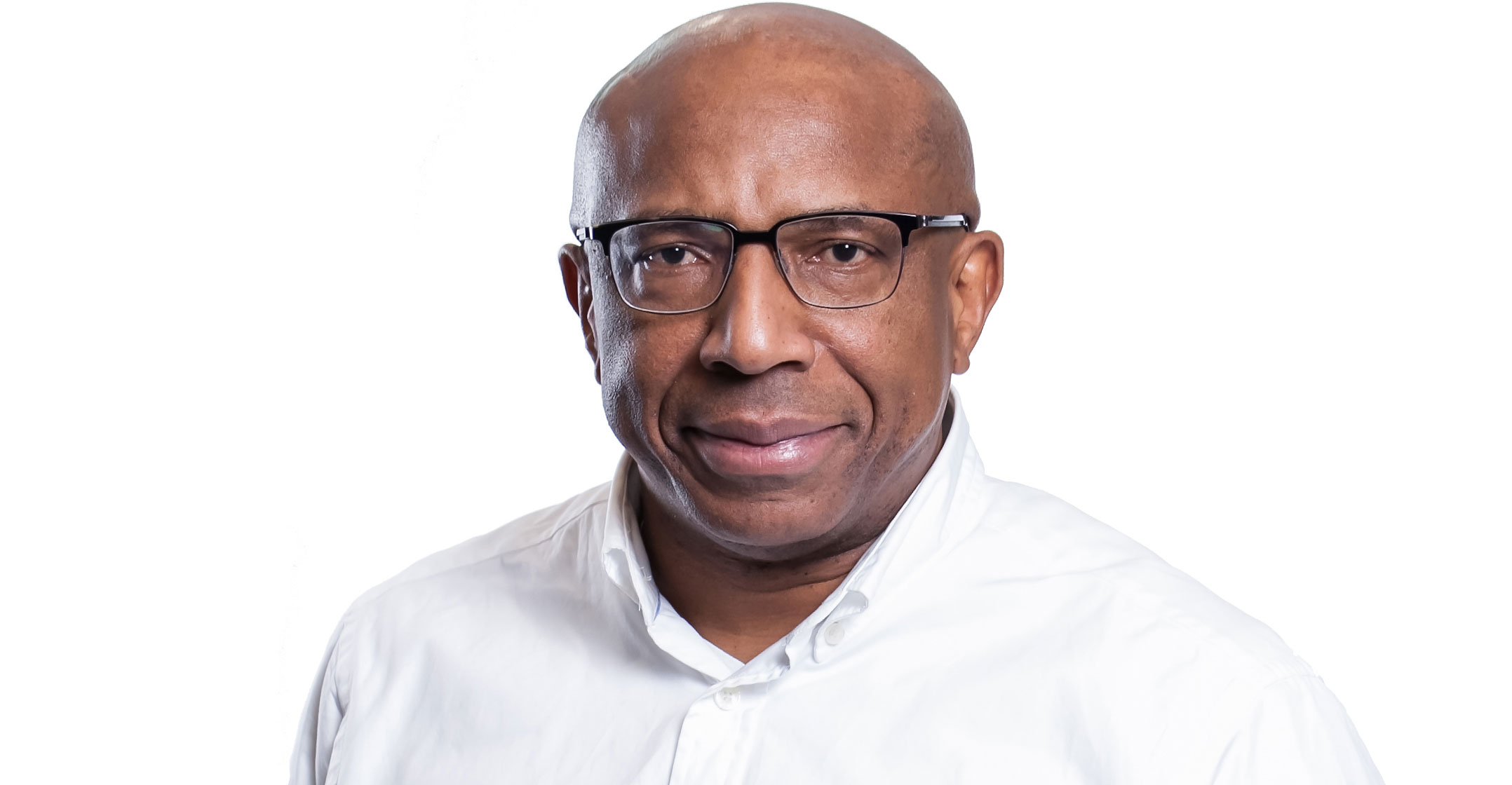
South Africa must unlock the economic promise that information and communications technology presents, while also keeping communication affordable. The wireless open-access network (Woan) proposed in the recent draft Electronic Communications Amendment Bill would do just that.
The bill proposes that a Woan operator house the spectrum — the frequencies used to transmit sound and data across the country to our phones. Spectrum is a limited and valuable resource essential for all forms of wireless communication such as mobile telephony, aeronautical and maritime navigation, and satellite communications.
In a country with limited connectivity, any proposal that reinforces ICT as a public good should be welcomed. Although mobile penetration has increased considerably, the cost of communication remains high when compared to similar middle-income countries and to our neighbours on the continent — hence the popular slogan, #datamustfall.
Telkom welcomes the principle of an open-access mobile network provider where prices will be regulated, while recognising that there is still uncertainty around how the Woan will operate. The Woan will be a critical enabler to level the playing field for a more competitive ICT sector, particularly given the high upfront cost associated with building a wireless network, which effectively disbars potential new players. With the Woan, the need for significant capital outlay is reduced and smaller players will compete on the services they offer, rather than being limited by the infrastructure they can afford.
In addition, in the current economic climate with low levels of GDP growth, the Woan offers new entrants and smaller players a fair chance at capital efficiency. They can use scarce capital to commercialise their offerings while paying for their portion of shared infrastructure. Acquiring spectrum is one thing but commercialising it following acquisition is quite another. By deploying capital efficiently, the Woan enables new entrants and smaller players to improve the quality of their services. Customers — both businesses and consumers — are, of course, the ultimate winners as increased competition contributes to lower prices for consumers and reduced cost of connectivity for businesses.
Competition increased
The draft bill proposes the Woan be set up as a private sector-owned and -managed consortium. The private sector component will support the government to raise the necessary funds to reduce the country’s revenue shortfall. Unlike a spectrum auction, which would entrench the existing lack of competition, the Woan allows spectrum to be assigned in such a way that competition in the ICT space is increased while also meeting the country’s development needs. It enables government to use policy and tax incentives to drive development and ensure ICT infrastructure is built where it is most needed.
Opponents of the Woan argue that the concept is not yet well established. But given the evolutionary nature of our sector, very few ICT concepts or policies are well established. Our constant challenge is to find regulatory and competitive spaces that enable greater access and economic growth even as technology evolves. Our regulatory context often has to draft regulation for products whose full usage potential has not yet been fully understood.

This is a challenge for all who work in this sector. At the same time, though, it also allows us to imagine new solutions for social problems, to drive equity in our society and to be ready for tomorrow’s issues. This is why I have chosen to devote myself to this sector.
I believe the Woan presents such an opportunity. It is an innovative way of distributing spectrum without imposing punitive costs for smaller players, and will ultimately allow all customers — business and consumers — to benefit from lower prices, allowing much more engagement with technology for consumers while reducing the cost of doing business.
At Telkom we are prepared to be shareholders of the Woan because we believe it will advance our economy. It will make ICT more affordable in South Africa and with greater affordability the promise of ICT as a tool to leapfrog developmental challenges will finally be realised.
- Sipho Maseko is group CEO of Telkom

